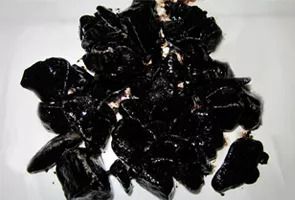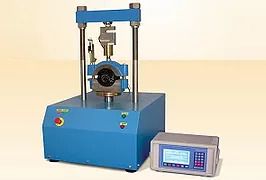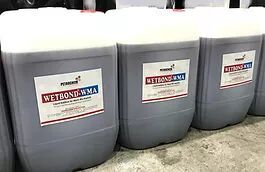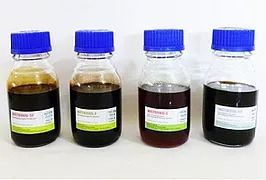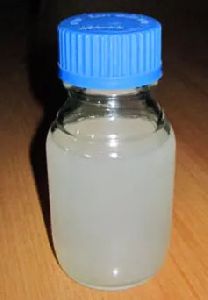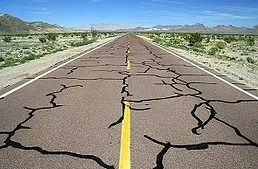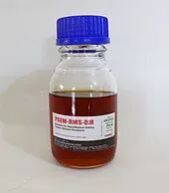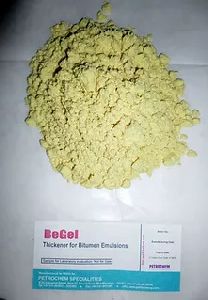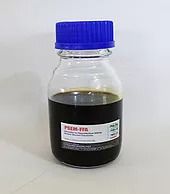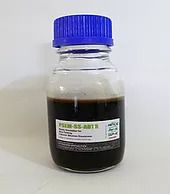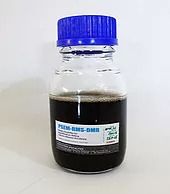Industrial Estate, Muzaffarnagar, Uttar Pradesh
- GST NO. : 09AGSPA6716B1ZI
| Business Type | Manufacturer, Exporter |
Preferred Buyer From
| Location | Anywhere in India |
Bitumen is the semisolid material obtained from distillation of crude petroleum oil. It is largely made up of hydrocarbons with low polarity hence it has a very low reactive index and shows little chemical affinity for aggregate, whereas most of the aggregates are ionic so they have high affinity for water. This shows that bitumen can be easily displaced by water, leading to separation of bitumen layer from aggregate.
Being the distillate of crude oil, bitumen contains a number of organic substances. Presence of naphthanic acid and other carboxylic acids make the Bitumen slightly acidic, so with siliceous aggregates repulsive forces makes the bonding inefficient. This may lead to the problem of stripping and failure of bituminous pavements.
There is only one cause of stripping: water getting between a bitumen film and the aggregate surface, replacing the bitumen as the coating of the aggregate. Practically the adhesion between bitumen and aggregate depends on the source of the bitumen and the chemistry of the aggregate surface. The Aggregates can be of an "acidic" type with surface showing negative charge, or "basic" with surfaces showing positive charge. Acidic aggregates include high silica content rocks, while basic aggregates include carbonate mixes. Bitumens, especially those with high acid value, show a tendency to become negatively charged resulting in adhesion problems (particularly with acidic aggregates). Although water damage is highest in wet climates and high traffic roads show such damage most quickly, but this problem can occur in all climates.
Looking for "Adhesion of Bitumen Conventional Anti-stripping Agents" ?
Explore More Products


